Minds, Media, Machines is an interdisciplinary network of researchers at the University of Bremen and of collaborators at national and international partner institutions. They are collaborating to advance our understanding of intelligence and cognition in autonomous agents and agent teams in the context of mediatized worlds.
The aim of MMM is to advance research in high-profile areas such as artificial intelligence, robotics, machine learning, data science, social media, and mediatisation. This is done with a special emphasis on the benefit and welfare of the society, taking onboard aspects such as usability, privacy, security, sustainability, and lawfulness, and supporting different aspects of human life ranging from the education of children to support of the elderly. The insights gained within MMM are transferred into new generations of social, computer-based, and cyber-physical systems.
Collaborative research at the University of Bremen is concentrated in a total of five interdisciplinary profile areas, the so-called scientific focal points. These contribute significantly to the research strength of the University of Bremen through interdisciplinary cooperation and combine internal and external research on campus. In the sense of a matrix structure, they lie across the scientific disciplines of the twelve faculties. The internationally recognized cutting-edge AI research in the state of Bremen is largely shaped by members of MMM. They contribute their expertise and potential to the Bremen AI strategy (see key issues paper) together with stakeholders from Bremen's research landscape and regional companies.

Today, one of the core ingredients of Minds, Media, Machines is the interdisciplinary research center EASE that investigates everyday activity science and engineering at the University of Bremen. Its core purpose is to advance our understanding of how human-scale manipulation tasks can be mastered by robotic agents.
To achieve this, EASE establishes the research area “Everyday Activity Science and Engineering” and creates a research community that conducts open research, open training, open data, and knowledge sharing.
For further information, please visit the EASE homepage.
Patrick Pollmeier / University of Bremen
Patrick Pollmeier / University of Bremen
Our motto is: "Intelligence in Action"! The findings from research are being transferred into a new generation of social, computer-based and cyber-physical systems that make a substantial contribution to the well-being of our society, such as cognitive assistance systems that accompany people throughout their lives and provide them with suitable support. People should be able to decide for themselves how their data is used.
Towards this aim, scientists in this High-Profile Area investigate human and machine knowledge representation, natural, formal and technical information processing, as well as secure transmission of information and computer-mediated communication.
The High-Profile Area is thus based on three pillars: Minds, Media, and Machines.
Performance of cognitive biological systems, including human cognition, is studied through empirical investigations, analyses and models.
What are the roles of sensory-motor, and multimodal information processing, and how are experience and knowledge represented and processed? Further aspects investigated in this area are, i.a., planning of actions of varying degrees of complexity and abstraction, learning to manipulate simple objects, up to speech and comprehension, as well as the study of interactions between a system, its environment, and communication between cognitive systems. Cognitive systems are always understood as being situated in a dynamic context that every investigation has to take into consideration. The knowledge and understanding gained on this basis is applied to develop formal methods and technical systems that aim to come as close as possible to the human case and human abilities.
For example, household robots that are, inspired by biology and cognitive science, able to learn from instructions designed by and for humans, including the ability to learn directly from observing human activities to the point that they can carry out the same tasks autonomously.
Today, individually as well as socially, we live in times of deep mediatization.
In our everyday life, we interact with digital media and technical systems, whether we wish to or not. This omnipresent availability of technology constitutes both: new possibilities but also challenges, inter alia due to datafication and increasingly shorter innovation cycles.
Media -and communication studies research the consequences of increasingly pervasive digital media and systems on individuals, society, and culture.
Computer science is concerned with the processing and analysis of large quantities of data, with media informatics focusing on the design and development of new forms of interaction with digital media.
These subjects therefore build the foundation for data science as an emerging new research area. We study these topics, placing people and their needs at the center of our efforts.
The focus of research in this pillar is the development of intelligent technical systems that are able to meet a wide range of challenges. This includes the entire development chain, from the smallest hardware component to a fully functioning robotic system.
The development of material-integrated sensorial systems, microelectronics, encoding of information and signal processing, the verification of circuits and systems, up to collaborative communication technologies, is studied here.
The robotics research focuses on the development of autonomous systems that are developed for the use in specific scenarios, for example to operate in difficult locations such as the deep sea or Mars.
In the area of cyber-physical systems, we furthermore study the cooperation of intelligent networked systems.
The described three pillars Minds, Media and Machines do not stand separately from each other, they mutually support and enrich one another.
Thus, cognitive science inspires robotics research to develop new robotic platforms. This in turn stimulates cognitive science to verify cognitive models through simulations.
Finally, the analysis of mediatized worlds and the societal consequences of increasing penetration of technology into everyday life with digital media and processing systems of communication and media studies is again taken up in the cognitive sciences, that use these insights into communicative and social conditions for their research.
The High-Profile Area Minds, Media, Machines is historically based in computer science. The thematic starting point was the interdisciplinary DFG-funded Collaborative Research Center SFB/TR 8 “Spatial Cognition”, in which spatial reasoning, spatial action, and spatial interaction of cognitive agents were researched from 2003 to 2014. After the end of its maximum funding period of twelve years, the interdisciplinary research center Bremen Spatial Cognition Center (BSCC) emerged from the SFB/TR 8 in 2015.
The research focus comprises a total of 41 professors and 352 researchers (April 2025). The majority of these researchers work in computer science (as of 2019: 26% women). The proportionate third-party funding budget of MMM members at the university, including internal and external institutes, amounted to around €27 million in 2024.
In addition, members of MMM are responsible for a substantial number of further researchers working at collaborating external institutions.
Patrick Pollmeier / University of Bremen
The MMM Office is in charge of operational and organizational issues concerning MMM. In close coordination with the spokespersons, the Office supports activities within MMM – from joint research initiatives, innovation processes, and MMM’s public relations, to initiatives for early career researchers and equal opportunities.

Patrick Pollmeier / University of Bremen
Dr. Dennis Küster
Science Manager
kuester@uni-bremen.de
Phone +49 421 218-64266

© Phaneendra Saya Boina
Phaneendra Saya Boina
Innovation and Technology Transfer Manager
sayaboina@uni-bremen.de
Phone +49 421 218-64288
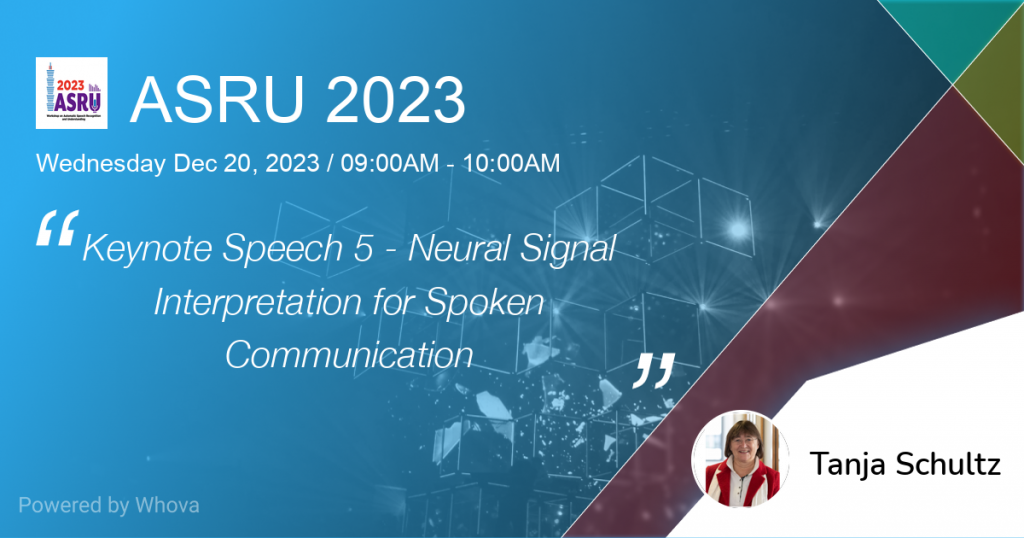
Prof. Tanja Schultz is going to deliver a keynote on "Neural Signal Interpretation for Spoken Communication" at the IEEE Workshop on Automatic Speech Recognition and Understanding (ASRU) 2023!
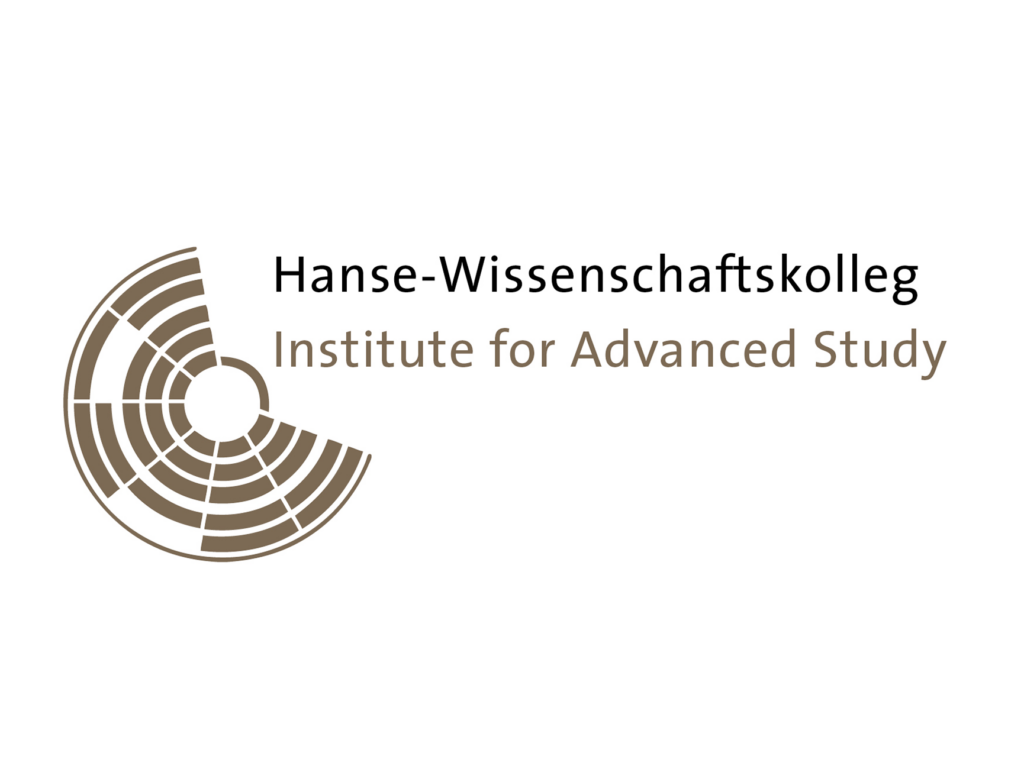
We are happy to announce the current Call for Applications for non-resident Associate Junior Fellowships within the HWK Postdoc Program. Application deadline: February 29, 2024 Start of Fellowship: July 1, 2024 Associate Junior Fellows keep their current position at a
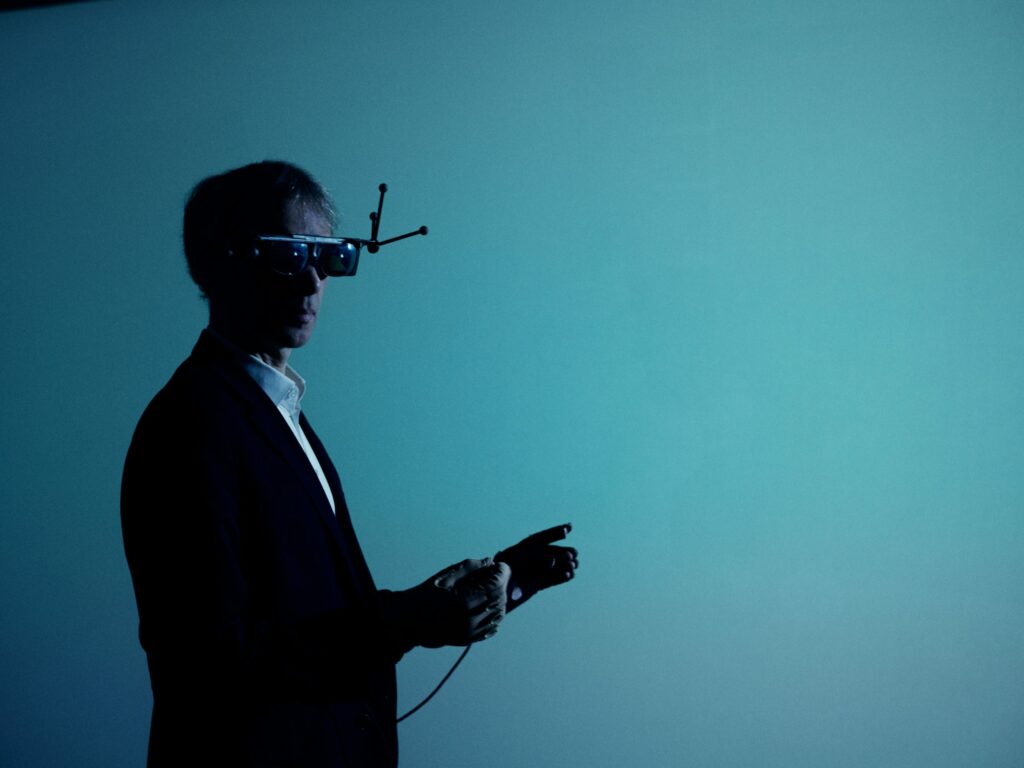
Employee wanted for a DLR-funded project to create a virtual twin for a Mars mission. Further information about the project: https://cgvr.cs.uni-bremen.de/research/vamex3-vtb/ Duration: 1.5 years, with option to extend (if funding is available) Salary: TVL-E 13, 100% (full-time) Requirements: - Master's degree in computer science or similar.
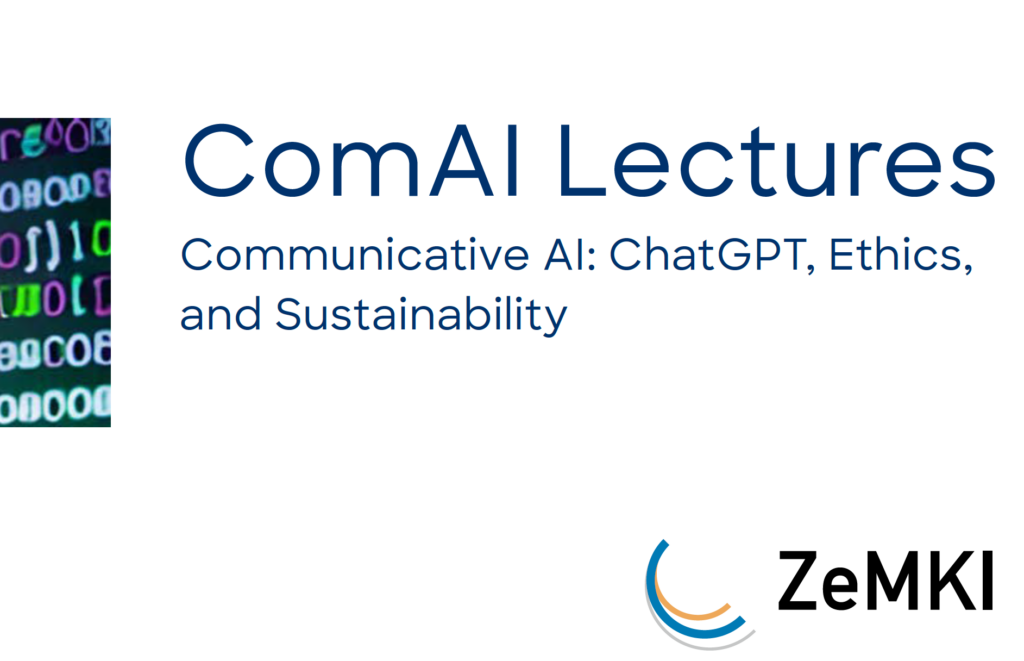
ChatGPT and other forms of generative AI have been the talk of the town since the last Open AI campaign around a year ago. As the ZeMKI has been dealing with this topic from a social science perspective for some
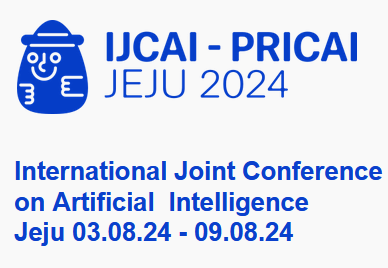
Since Bremen will be the host city for this prestigious conference in 2026, MMM-members are especially encouraged to submit also to the preceding conferences to promote Bremen and MMM as a hub for AI and to gain a more comprehensive
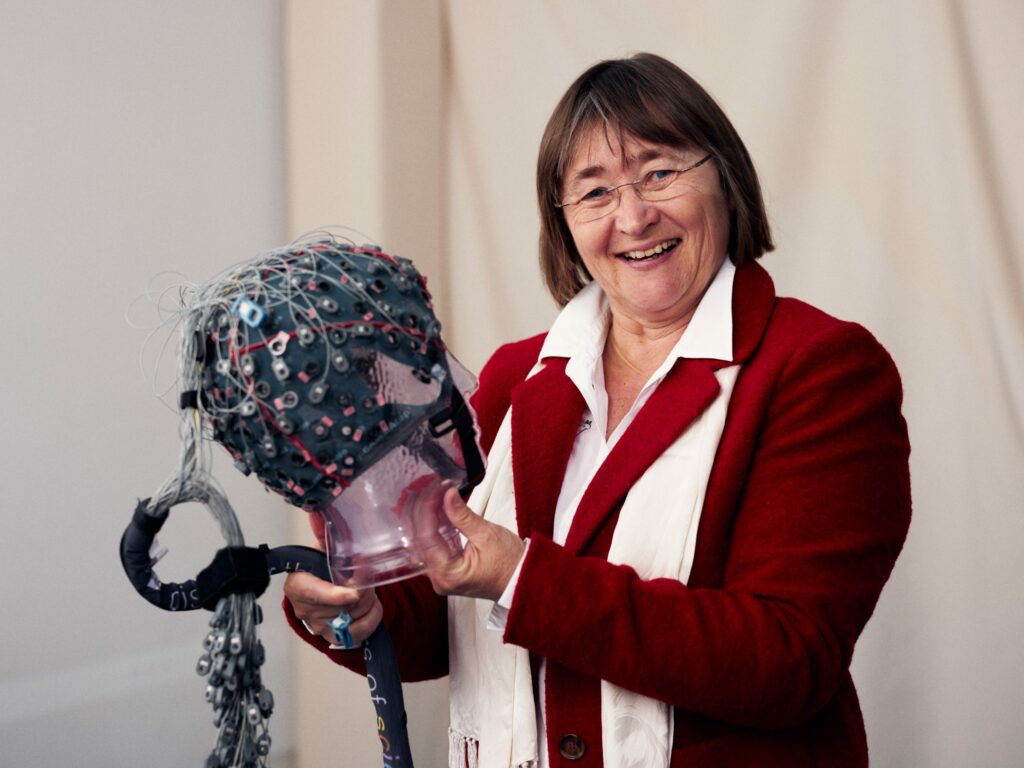
In a new paper by MMM-speaker Tanja Schultz and Prof. Alexander Maedche (KIT), published in SN Applied Sciences, the authors present a new perspective on Biosignal-Adaptive Systems (BAS) which automatically adapt to user needs by continuously interpreting their biosignals and
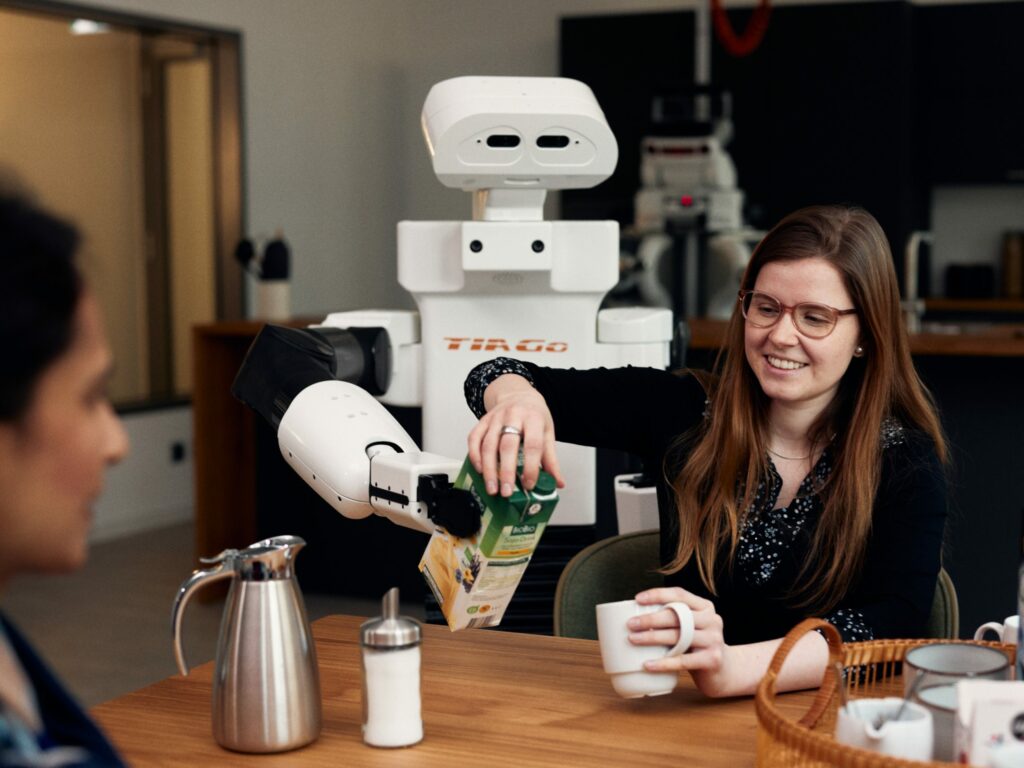
In a recent article, scientists from Bremen, Paderborn and Bielefeld report on how they are working together to radically rethink the interaction between humans and machines and teach robots knowledge and manual skills in a natural way. The complete article by Ludmilla Ostermann
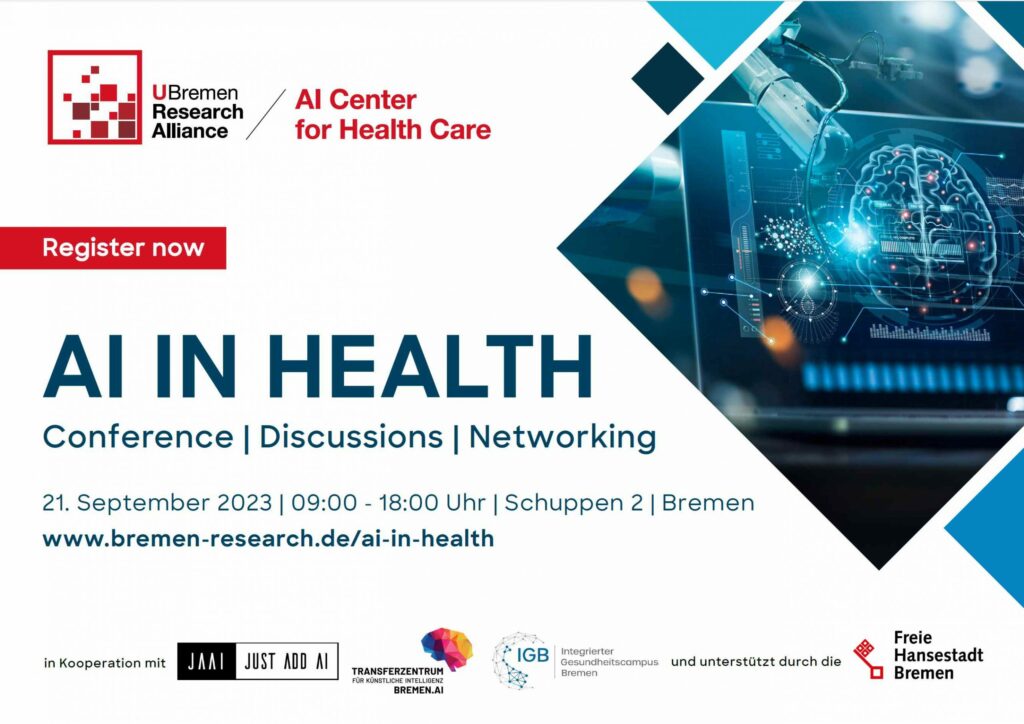
On September 21, 2023, the U Bremen Research Alliance, together with JUST ADD AI, the Transfer Center for Artificial Intelligence BREMEN.AI and the Integrated Health Campus Bremen, invites you to the AI in Health conference with a diverse program of lectures, discussions and networking

We are pleased to expand our research collaboration network with the universities Bielefeld and Paderborn by partnering with the "Joint Research Center on Cooperative and Cognition-enabled AI" (CoAI). The Center will investigate how artificial intelligence systems that perceive and act
to
to
The aim of this article is to more precisely define the field of research on the automation of communication, which is still only vaguely discernible. The central thesis argues that to be able to fully grasp the transformation of the media environment associated with the automation of communication, our view must be broadened from a preoccupation with direct interactions between humans and machines to societal communication. This more widely targeted question asks how the dynamics of societal communication change when communicative artificial intelligence-in short: communicative AI-is integrated into aspects of societal communication. To this end, we recommend an approach that follows the tradition of figurational sociology.
Hepp, A., Loosen, W., Dreyer, S., Jarke, J., Kannengießer, S., Katzenbach, C., Malaka, R., Pfadenhauer, M., Puschmann, C., & Schulz, W. (2023). ChatGPT, LaMDA, and the hype around communicative AI: The automation of communication as a field of research in media and communication studies. Human-Machine Communication, 6, 41-63. https://doi.org/10.30658/hmc.6.4
Scientists employed at the University of Bremen who wish to become a member of MMM send a written application (via email) to the Spokesperson(s).
MMM Newsletter
Subscribe to our newsletter now. All you have to do is enter your e-mail address. Information on how we process your personal data can be found in our data protection notice.

